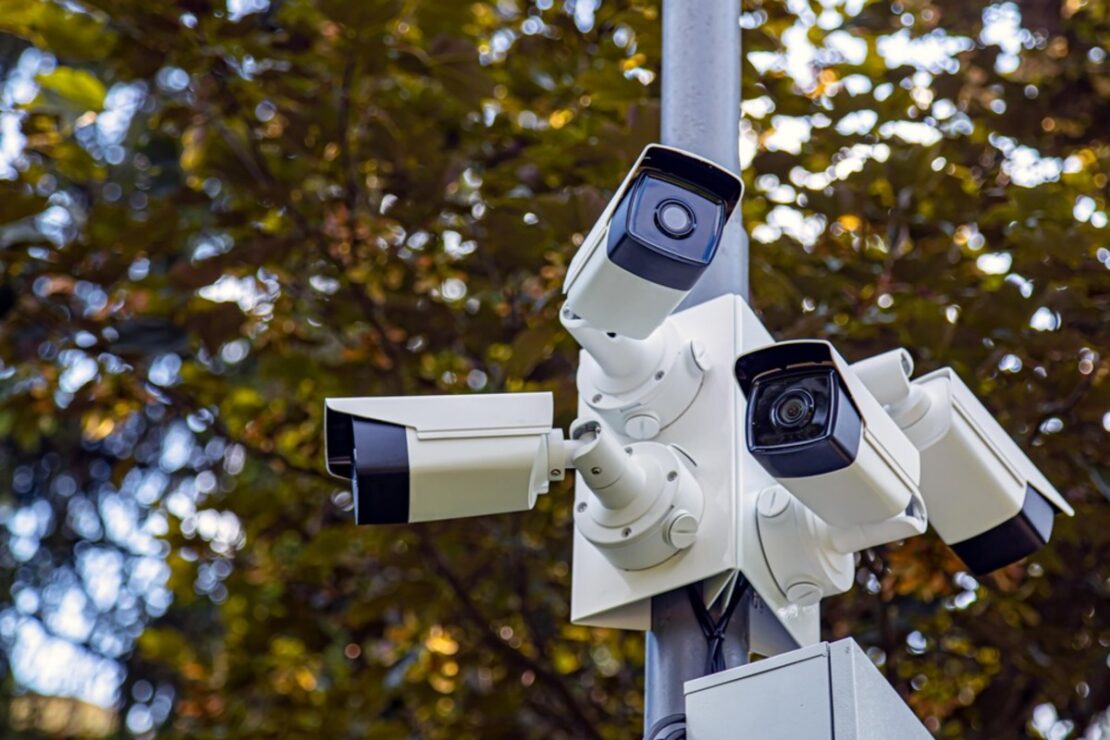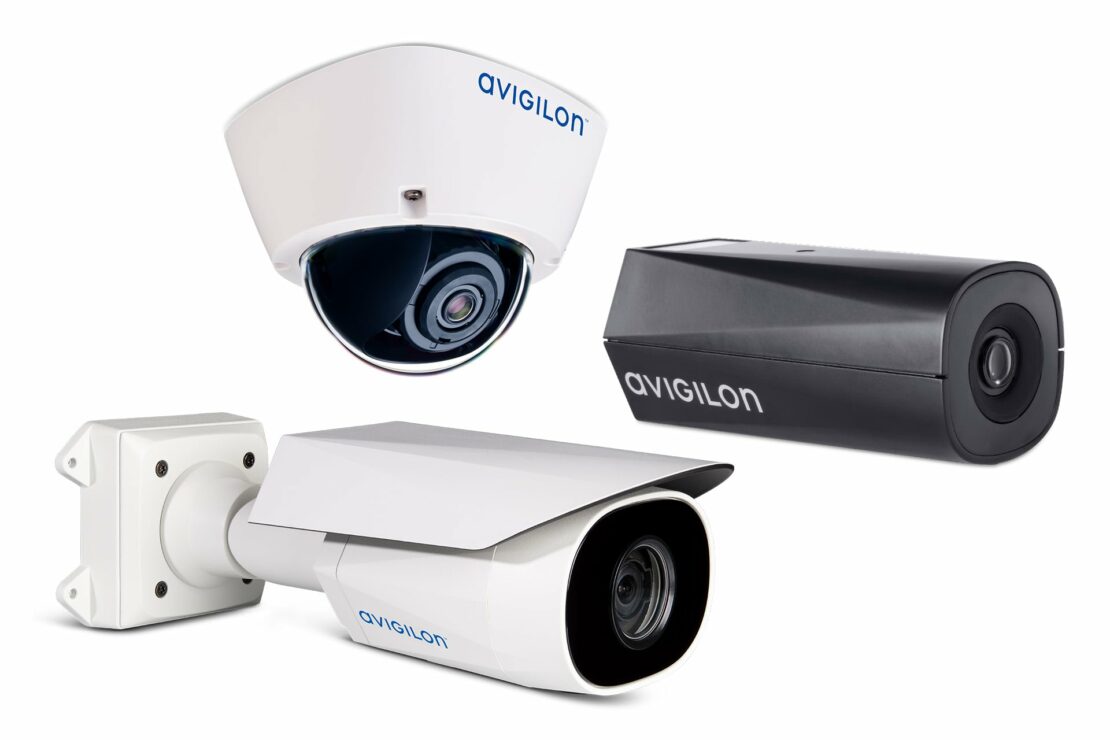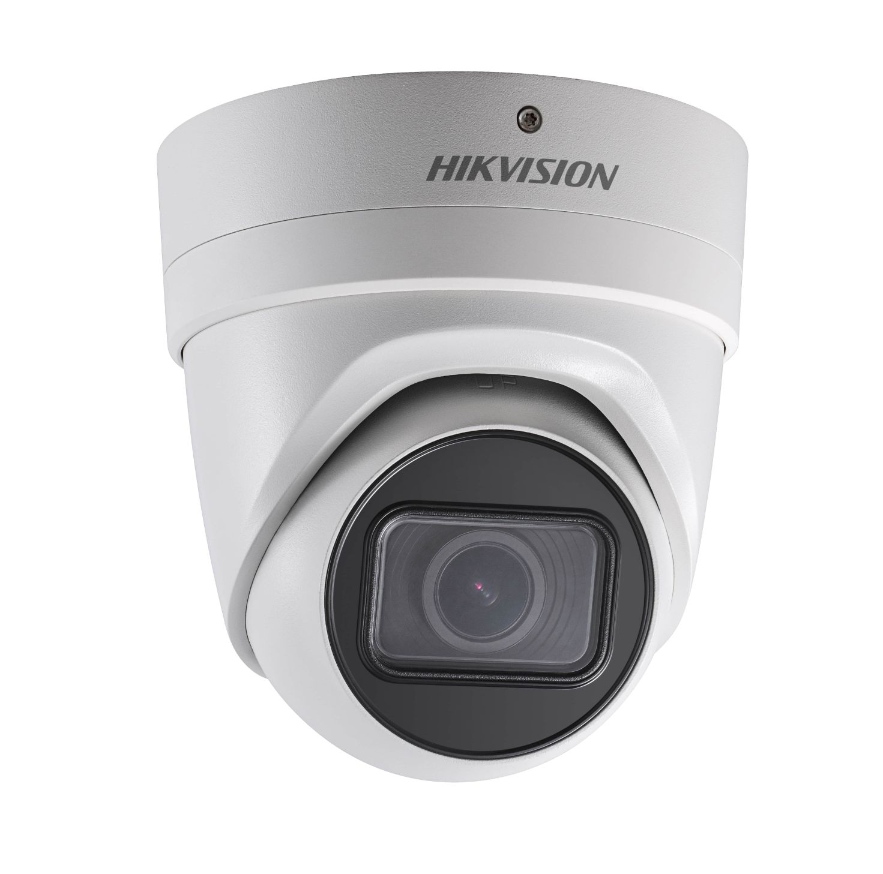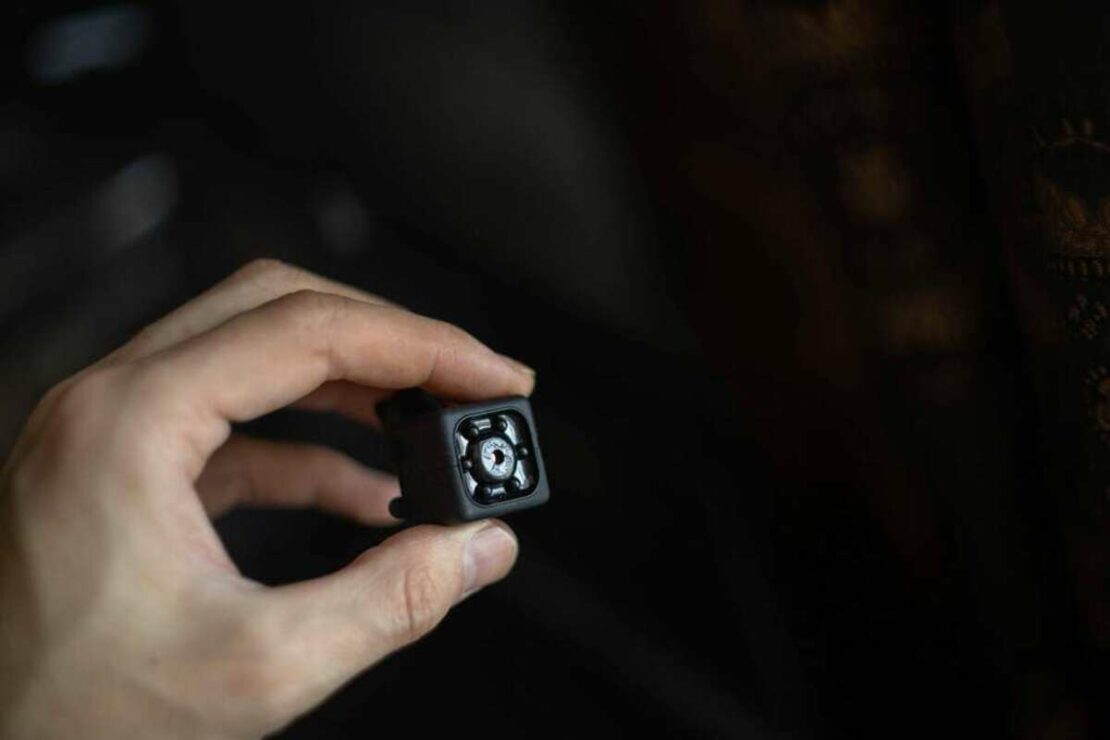
Spy Cameras and Covert CCTV differ from traditional surveillance solutions, as these systems record footage while remaining completely undetectable. Unlike a standard security camera, which can act as a deterrent, the sole purpose of covert surveillance is to catch criminals in the act.
Naturally, spy cameras raise questions on whether it is right to deploy them. There are several rules around using these in the workplace, which we will look at in this article.
In this guide to covert CCTV and spy cameras, we will provide you with an overview of when and where they could be used. Additionally, we will look at the pros and cons of covert CCTV and hidden surveillance cameras.
We hope that this guide helps shed some light on one of surveillance’s grey areas.
Table of contents
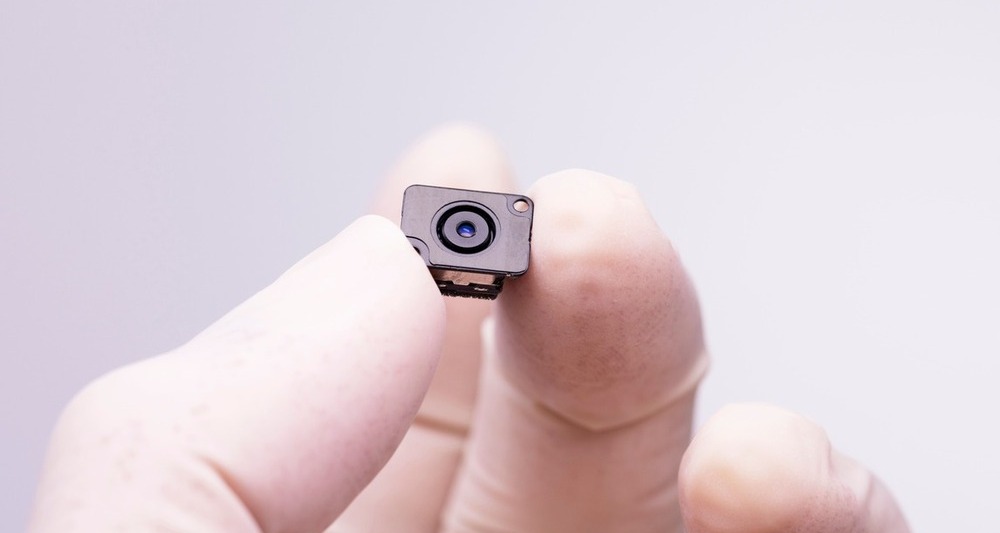
What is covert CCTV?
Covert CCTV, by definition, suggests it is a form of surveillance where security devices and cameras are hidden.
They tend to be small, hidden CCTV cameras, deployed to cover a defined area. This could include:
- Tills and point of sale
- Storerooms containing equipment
- Areas of a warehouse where items are going missing
- Offices where there have been reports of harassment
How do spy cameras work?
Simply, you set up a surveillance camera system to monitor a defined area. A covert security camera can then catch and reprimand the culprit(s).
Surveillance footage can be viewed on a connected device in real-time or can be stored on an NVR.
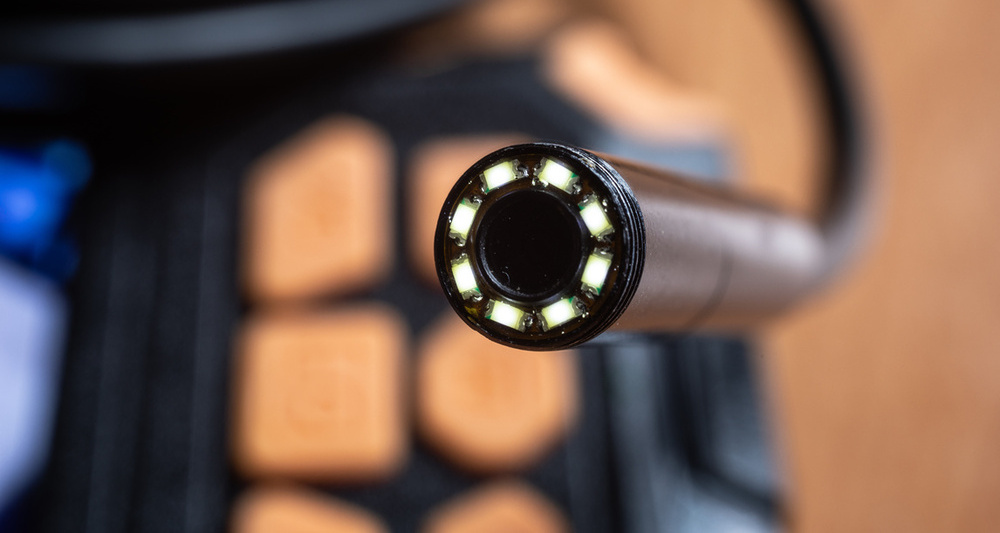
When should you use covert CCTV & spy cameras?
This is a key question most would have when looking at this topic.
The discreet design of spy cameras means they go completely undetected. As mentioned earlier in this guide, they record footage in an area where criminal activity is suspected and you need to capture evidence for prosecution.
For example, an employer may suspect their staff of stealing from their workplace. In this case, they would need to use a hidden CCTV camera to prove it.
Obviously, this creates a moral and legal dilemma.
The department in charge of enforcing data protection laws, the Information Commissioner’s Office, has set out guidelines covering the use of covert CCTV in the workplace. To summarise, you can use hidden CCTV cameras if:
- There are genuine suspicions of criminal activity
- Evidence of criminal activity needs to be collected
- There are no other methods of getting evidence
For information, you can read the ICOs CCTV system checklist.
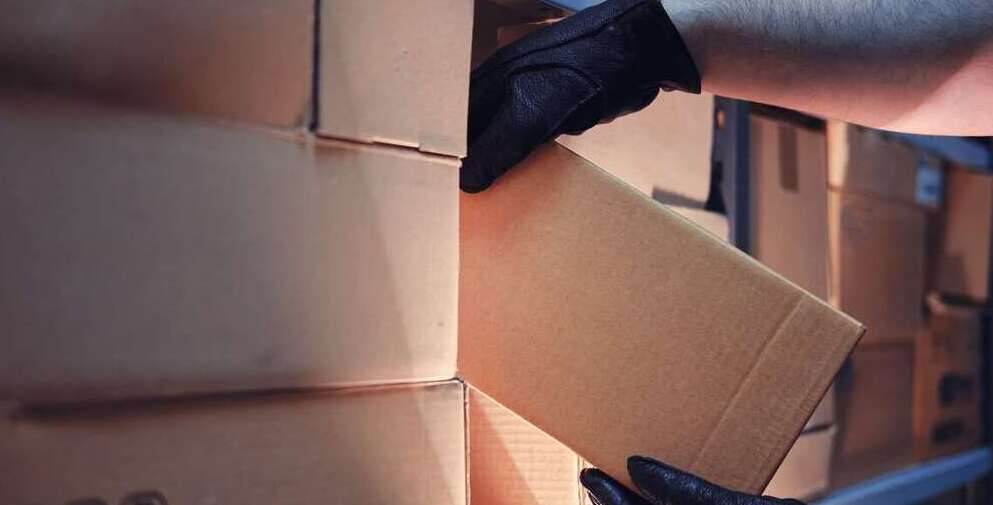
Common uses of spy cameras
A number of industries use covert surveillance. These include:
Law enforcement
Covert CCTV and spy cameras provide evidence for the police, while remaining undetected. Where a typical surveillance camera or police officer being present won’t help, a hidden device can record criminal activity completely undetected.
Construction sites
Theft of tools, equipment, and machinery is all too common on construction sites.
If a site manager suspects his employees of theft, they could strategically place a covert CCTV camera to catch them in the act. if they do, they can take appropriate action.
Retail outlets and shops
If items start going astray, those working behind the tills or in the stockroom of a retail store may be suspected of stealing from their business. If this is the case, a hidden camera could monitor criminal activity and capture any evidence.
Looking to protect your retail outlet?
Find out more about our retail CCTV systems.
Abattoirs
Abattoirs and slaughterhouses have a legal requirement to deploy CCTV cameras to ensure the fair treatment of animals.
Unfortunately, there are instances where animals are still mistreated.
Hidden CCTV and covert surveillance cameras can help to guard against abuse going unpunished.
Read this article in the UK press about how covert CCTV cameras were used to monitor an abattoir. Unfortunately, in this instance, no action was taken by the company. This article simply highlights the role they can play when deployed and utilised correctly.
Care homes
It’s an unfortunate fact, residents of care homes can be the victims of abuse. To guard against this, and protect residents, covert security cameras can be deployed to mitigate this unsettling reality.
Reports in the UK media have highlighted how hidden CCTV cameras can be deployed effectively to catch the perpetrators of abuse in care homes.
Read the article: Hidden camera reveals abuse by care home staff of dementia patient.
Offices
Unfortunately, crime occurs and offices and places of work all too often.
Theft, sexual harassment, and bullying can occur. Hidden CCTV cameras and covert surveillance devices can be deployed to detect and prosecute offenders.
Warehouses
Warehouses hold stock on behalf of their clients. Having worked with numerous businesses in this sector, you may wish to find out more about our warehouse CCTV systems.
This can include sought-after items such as iPads, boxes of disposable vapes, laptops, and smartphones. Unscrupulous staff may see this as an opportunity to thieve these items for themselves to make a quick buck on the black market.
Furthermore, hidden surveillance cameras can be used in these settings if there is suspicion of drug use. Read this article, to see how IKEA deployed these hidden cameras to detect drug use in the toilets.
These items are often stored in toilet cisterns or in other areas where they can be hidden and taken at the end of a shift.
A covert CCTV camera or network of hidden surveillance devices can catch staff stealing equipment and other goods.
Related reading: Warehouse security – protecting premises with CCTV
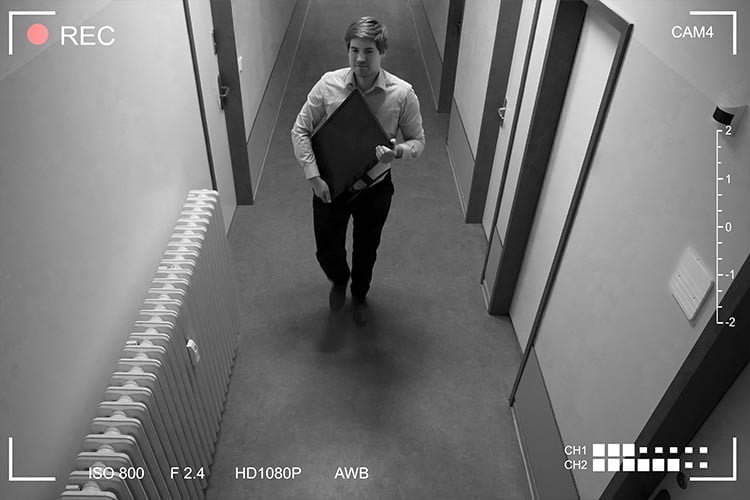
The benefits of covert CCTV and spy cameras
Thanks to their unique design and special application, covert CCTV cameras come with several advantages. These are:
Spy cameras offer additional CCTV coverage
You can placecovert cameras where standard CCTV cameras won’t fit, thanks to their compact design.
This can provide better coverage of certain areas and help keep the area you are watching more secure.
Evidence capabilities
Covert cameras are far harder for criminals to spot. This means they are a lot less likely to be deterred, allowing the camera to catch clear footage of them in the act.
24/7 monitoring
Covert cameras offer an IP network connection. Because of this, you can monitor the footage from any connected computer or smartphone. This allows you to view the footage at any time from any location so that no criminal activity will go unnoticed.
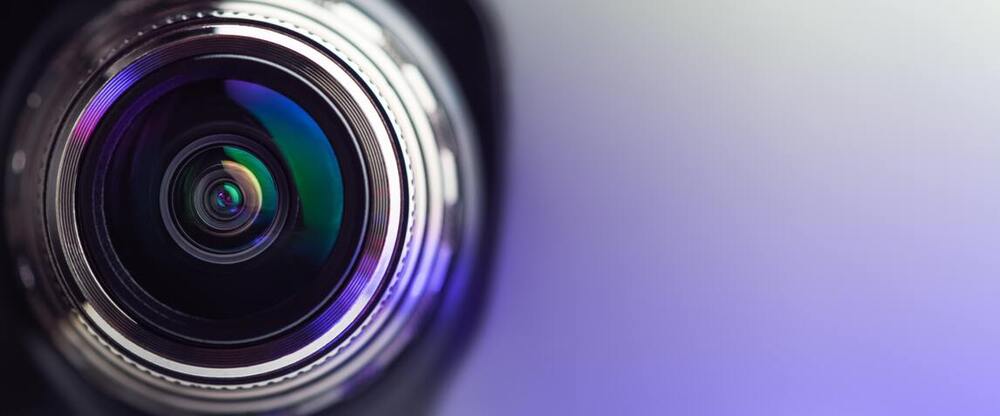
The drawbacks of spy cameras & covert surveillance
On the other hand, covert security cameras have some downsides. These include:
Risk of Use
Because of the extensive guidelines, if you use a spy camera unlawfully, you could risk legal action from those affected. This can cause complications and potentially harm your business and its reputation significantly; internally and externally.
Limited Application
Covert CCTV cameras don’t provide much use outside of being undetectable and catching criminals. Traditional CCTV is just as useful in most other situations and comes with a lot less red tape.
Poor Crime Prevention
Where covert CCTV cameras are difficult to spot, they are less effective at deterring criminal activity.
If a thief cannot see a CCTV camera in a building, they will probably be more encouraged to commit the crime. Of course, this means damages and financial loss to your business.
A guide to spy cameras & covert CCTV – article summary
Overall, while covert CCTV cameras can be very useful for dealing with incidents such as workplace theft, there are a lot of considerations to make before installing them.
Employers must be careful when deciding to use spy cameras, as improper use could spell disaster for your business.
